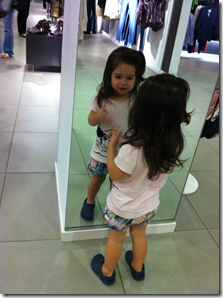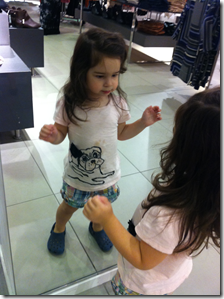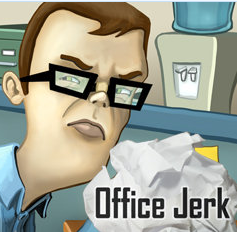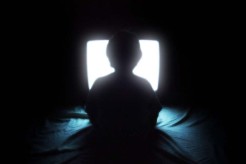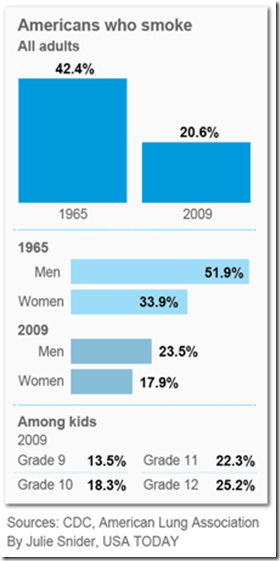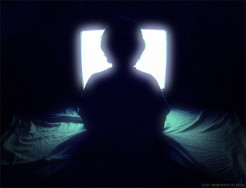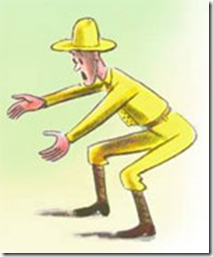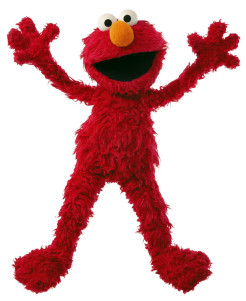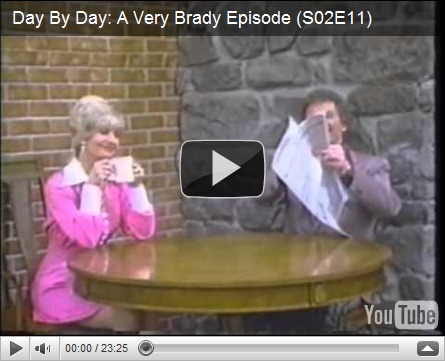Quick. Name me the last three missing or murdered children who you can think of excluding Caylee Anthony.
Done?
Okay. How many of those children are not white?
And while we’re at it, how many are not female and not blond?
In fact, name just one missing or murdered child who was not white.
Or one missing or murdered person who was not white.
Just one.
Can you?
If you’re like most people, you probably named Elizabeth Smart, Madeline McCann, Jon Benet Ramsey, and perhaps Susan Smith’s nameless murdered children.
Maybe you included Leiby Kletzky, the eight-year old who was recently kidnapped and murdered in Brooklyn. If you did, he is probably the only boy on your list.
If you included adults, you might have mentioned Laci Peterson, Chandra Levy or Polly Klaas.
You probably didn’t mention Everett Conant’s three boys, who were shot and killed by their father last week, because that story, while covered in the print media, has not become a national fixation.
But Conant was a man, living in Wyoming, and his children were boys and not blond. Nor did Conant attend any parties or wet tee-shirt contests after shooting his children.
The devil, my friends, is in the details.
In fact, you were probably hard pressed to name a single African American or Hispanic child or adult who had gone missing or was murdered.
And yet there is not a lack of cases from which to choose.
For example, in January of this year, while the media was covering the preparations for the Casey Anthony trial, D’Hari Black, 27, and her husband, Keith Black, 29, of College Park, Maryland were found guilty of felony murder in the death of 11 month-old Keith Black III. They were also convicted for felony cruelty to children for the abuse of their two year-old daughter, Kyara.
Where was this story covered?
As far as I can tell, a short piece appeared in the Atlanta Journal Constitution and another in the Atlanta Examiner.
That’s it.
I was only aware of the case because I lived in College Park years ago and was thinking about using the town as a location in my next book. I was doing some researching on the town and stumbled across the story.
Some might say that the Keith Black murder case was not sensational enough.
I believe that Keith Black was not white enough.
I found the intense national interest in the Casey Anthony trial bizarre and unfortunate. Thousands of children are murdered each year, so to focus so much attention and scrutiny on one case strikes me as a twisted and gruesome form of reality television.
Not that it hasn’t been done before. But it’s no less surprising each time it happens.
And yes, I realize that the unusual details of this case compelled people to pay attention, but when you choose to focus our time and energy on a medium that refuses to acknowledge that black and Hispanic children are kidnapped in this country just as often as white children, and when you choose to tune into a medium that places a premium on cute, blond female victims, you contribute to the problem.
And there are things that you can do to change it.
Prior to the birth of my daughter, my wife and I would watch The Today Show each morning while getting ready for work, and about every three months or so, they would report on the disappearance or murder of a white girl.
In the years I watched the show, I cannot remember seeing a single one of these stories in which the victim was not white and female.
Each time one of these stories came on, I would leave the room or turn off the television, refusing to provide my attention to a news organization that is hell-bent on sensationalizing the best looking white victims of kidnapping and murder in this country and ignoring all victims of color.
Did my actions change anything? Have I helped to solve this problem?
No and yes.
No, it did not change the way in which the media continues to report these stories, but perhaps if others follow suit, things will eventually change. Maybe the tragic story of Keith Black III will be reported by a news organization like The Today Show, or better yet, perhaps we’ll stop treating these stories as reality programming altogether.
But even if I am the only one boycotting these stories in all of America, that doesn't make my actions foolish or a waste of time. Doing the right thing in the face of blinding indifference is still a fine thing.
But yes, my decision to ignore these stories does make a difference as well. It makes a difference in my life.
I have not followed the Casey Anthony trial. I have not read the stories or watched the trial or even engaged in conversation about the case, and to be honest, if it wasn’t for updates popping up in my Twitter stream, I would probably know absolutely nothing about it.
I chose to invest my time and energy elsewhere.
Last week I read a book in the doctor’s office while sitting next to a woman who was reading about the case in People magazine.
I listened to music, podcasts and audiobooks for untold hours while exercising beside people who spent their workout watching the trial on television.
I discussed parenting with a friend while others around us were discussing the trial and the actions of Casey Anthony.
In the end, I feel like I made better use of my time. While so many fixated on the excessive coverage of these tragic circumstance, I engaged in activities that were meaningful, productive and a lot less sleazy.
And six months from now, when the tragedy of Caylee Anthony has been replaced by a different, white, probably blond girl and the details of the Casey Anthony trial fade into obscurity, I will ask myself:
Did I miss out on anything by ignoring the trial of that mother who probably killed her daughter?
Am I lacking any vital information?
Do I regret not tuning into the story like so many others?
The answer will be no, because the answer has always been no.
It was no with that blond girl, and it was no with that other blond girl, and it was no with that missing mother of two, and it was no with that other blond girl.
I don’t know much about any of them, which is about how much I know about Keith Black and all the other missing and murdered children who are not white and not blond and not female.
